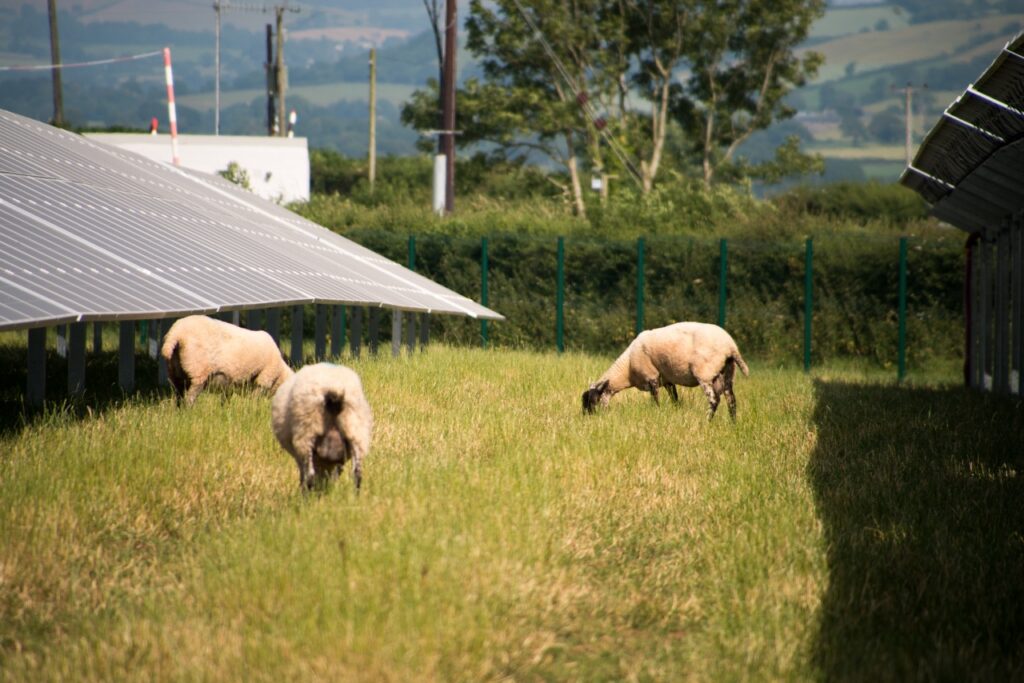The UK is wilfully ignoring the myriad benefits of allowing local renewable energy generators to supply their energy to local consumers, according to climate change charity 10:10.
The organisation has written to the new Secretary of State for Energy and Climate Change, Amber Rudd, to demand that the UK implement a ‘right to local supply’ which would allow local generators to become local suppliers – something that is currently impossible under UK electricity market rules.
Speaking to Next Energy News, Leo Murray, community energy campaigner at 10:10 explains: “The problem with the supply system is that it is geared to service the needs of giant utilities. This is a wider problem for everyone in the UK because the way the energy market works at the moment means lots of the value that is created from generating, distributing and supplying power just leaks out of the British economy – it does not stay local to where power is generated.”
But Murray sees a solution to the potential problem of large multinational companies dominating the energy market and siphoning the majority of the economic benefits away from the British economy; ‘right to local supply’.
“Local suppliers are solutions to this problem,” explains Murray. “One of the things that we’re trying to do is to relocalise the value in energy provision – actually making sure that people who live locally to renewable assets benefit.
“If you look at those countries that are much further along the decarbonisation path than us, community energy has been a critical component of their success. What we’ve done in the UK is followed an almost exclusively commercial development programme that has alienated rural communities. Even though there is now an expectation for community benefits, those are pay offs, and what we actually need are for people to buy in.
“We’ve realised that, as long as the only way people can participate in community energy is as investors, then it’s going to remain fairly niche. We’re looking to mainstream community energy.”
According to Murray, the current options for participating in community energy are becoming increasingly outdated and all require a financial investment. “We all participate in the energy system as consumers. At the moment, your choices as a consumer in the UK are very, very limited because the Big Six have basically got an oligopoly over energy supply in the UK,” says Murray.
Critics say the problem is that UK energy policy is rigged to favour the all-powerful energy incumbents. UK electricity market rules dictate that all suppliers of energy must do so into the national market. In order to do that, suppliers must gain a ‘supply licence’ that costs around £1 million and makes you liable for the costs that are associated with national balancing and transmission.
Murray continues: “It’s impossible to realise the additional value that local consumption of locally-generated power creates for the supply chain. There are significant efficiency gains in transmission and balancing costs; relieving pressure on wider infrastructure, making sure power is where it’s supposed to be when people want it, and the simple fact that when you transmit energy down long power lines you lose quite a lot.
“By generating power close to where you use it, and using it close to where it is generated, additional value is created in the supply chain. It is technically possible to relocalise the value created in an arrangement where local people are consuming locally-generated power in such a way that it localises that value so that the small generator gets a better price for the power they sell and local consumers pay less to consume the energy generated locally to them – that is technically possible because there is real additional value being created there.
“The way the system works at the moment is the benefit is simply captured invisibly by the utilities and the network operators – that’s stupid because there are good reasons to want renewable energy generation in your area but those remain relatively niche at the moment.”
10:10 has launched a petition to persuade the government to rethink its position on local energy suppliers in order “to ensure that the value created by locally-generated power is realised and shared locally in the form of lower energy prices, new jobs and skills in a local economy, improved energy security and stronger support for local renewable energy generators”.
The petition can be viewed and signed here.






